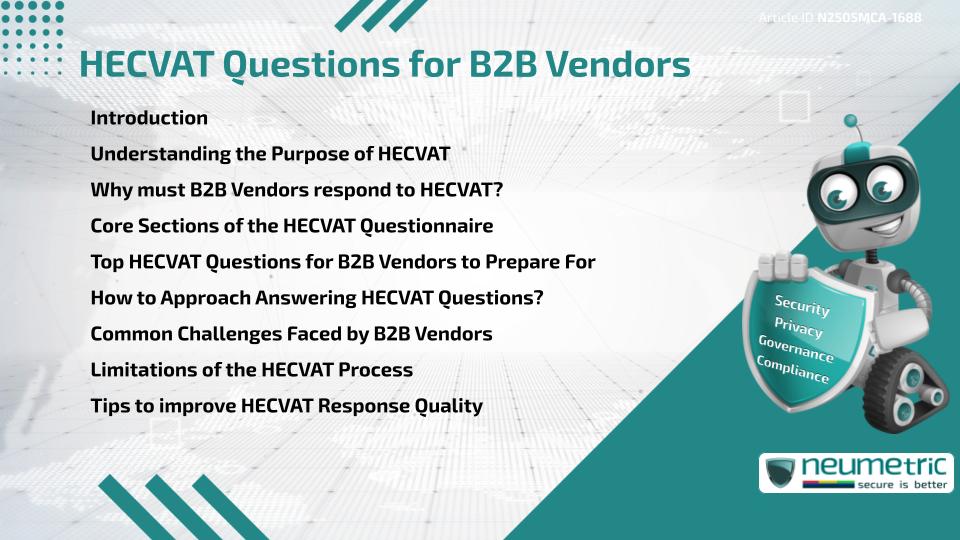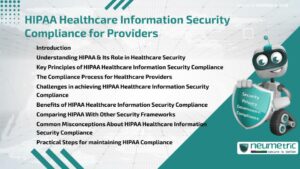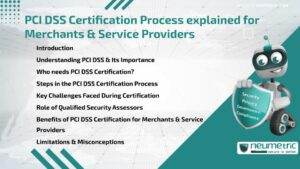Table of Contents
ToggleIntroduction
B2B Vendors working with Universities & Educational Institutions are often asked to complete a Higher Education Community Vendor Assessment Toolkit [HECVAT]. Designed by the Higher Education Community, HECVAT evaluates how well Third Party Services meet established Security & Privacy Standards. It is especially important in safeguarding Student Data, Research Information & Institutional Systems.
Understanding how to answer HECVAT Questions for B2B Vendors is vital not only for Compliance but also for building Trust with Higher Education Clients. This article explores the purpose, challenges & strategies to help Vendors confidently approach HECVAT.
Understanding the Purpose of HECVAT
HECVAT helps Universities assess Third Party Risk in a standardised way. Developed by the Internet2 Higher Education Information Security Council, the toolkit includes Structured Questionnaires that address Data Security, Privacy Controls & Risk Management.
The aim is to streamline Vendor evaluations & reduce redundancy. Instead of each Institution sending unique forms, HECVAT provides a consistent Framework that Vendors can reuse across multiple Clients.
For B2B Vendors, it is essential to recognise that HECVAT is more than a Checklist. It reflects how seriously an Organisation takes Cybersecurity & Data Handling responsibilities.
Why must B2B Vendors respond to HECVAT?
Higher Education Institutions often manage Sensitive & Regulated Data, including Personally Identifiable Information [PII] & Research Data. Before purchasing a Cloud-Based or On-Premise Solution, Universities require assurance that the Vendor can protect this data.
Responding to HECVAT Questions for B2B Vendors is often a prerequisite for doing Business in this sector. Refusing to participate or submitting incomplete responses may result in lost Opportunities or delayed Contracts.
Besides Compliance, Vendors gain insight into their own Security Posture. Many Organisations have improved Internal Controls just by preparing HECVAT Responses.
Core Sections of the HECVAT Questionnaire
HECVAT is available in different Versions, including the Full, Lite & On-Premise Forms. Regardless of Version, most include the following core sections:
- Data Handling: How is Sensitive Data collected, stored & destroyed?
- Access Controls: Who can access the System & how is access monitored?
- Incident Response: What happens if a Data Breach occurs?
- Encryption: Are Encryption Practices used during Data Transmission & Storage?
- Compliance: Does the Vendor comply with FERPA, HIPAA, GDPR or other Laws?
Understanding these sections allows B2B Vendors to prepare comprehensive & honest answers that align with Institutional Expectations.
Top HECVAT Questions for B2B Vendors to Prepare For
Some HECVAT Questions for B2B Vendors come up frequently & are often challenging:
- Do you encrypt data at rest & in transit?
- Is Multifactor Authentication enforced for Administrative Access?
- Can you provide documentation of Third Party Audits or Certifications like SOC 2 or ISO 27001?
- How is User Access reviewed & revoked?
- What processes are in place for handling Security Incidents?
Preparing Answers to these Questions in advance improves turnaround time & confidence during the Assessment.
How to Approach Answering HECVAT Questions?
HECVAT responses must be detailed, accurate & supported by evidence. Here are a few tips:
- Be Consistent: Ensure your responses match Documented Policies.
- Use Plain Language: Avoid Technical jargon where possible.
- Provide Proof: Include links to Policies or attach Sample Documents.
- Involve Stakeholders: Collaborate with IT, Security & Compliance Teams to get accurate input.
Avoid the temptation to overpromise or generalise. Inaccuracies may result in follow-ups, rejections or even reputational damage.
Common Challenges Faced by B2B Vendors
Many Vendors struggle with HECVAT due to Resource Constraints or lack of Documentation. Smaller Organisations may not have Formal Policies or Third Party Audits, which are often requested.
Another common hurdle is understanding how University Data differs from typical Enterprise Data. For example, Research Data might fall under Controlled Unclassified Information [CUI] requirements, demanding extra protections.
Responding to HECVAT Questions for B2B Vendors means navigating both Compliance expectations & Sector-specific standards.
Limitations of the HECVAT Process
While HECVAT improves standardisation, it is not without limitations. For one, the forms can be lengthy—sometimes over 300 Questions—and not all items are applicable to every Vendor.
Additionally, some Questions may be interpreted differently by different Institutions, leading to inconsistent scoring. Vendors may find themselves answering the same HECVAT Questions in slightly different ways based on the Client’s Interpretation.
Moreover, HECVAT does not automatically grant Approval. Each University makes its own decision based on how the Answers align with their Risk Appetite.
Tips to improve HECVAT Response Quality
To make your responses stand out:
- Create a Response Library: Save previous answers for reuse.
- Update regularly: Review & revise responses at least once a year.
- Assign a HECVAT Owner: Designate someone to maintain & update the Questionnaire.
- Review Before Submission: Conduct Internal Audits for accuracy.
By taking these steps, B2B Vendors can build a reputation for being easy to work with & security-conscious.
The Role of Security & Compliance Teams
Security & Compliance teams play a central role in completing HECVAT. Their understanding of Internal Controls, Regulatory Compliance & Technical Safeguards is essential.
These Teams should be involved early in the Sales or Procurement Cycle to ensure HECVAT Questions for B2B Vendors are answered correctly & on time. Their insights help reduce Risks & boost Customer Confidence.
Takeaways
- HECVAT is a key Security Tool used by Higher Education Institutions to evaluate Vendors.
- Answering HECVAT Questions for B2B Vendors accurately is essential for closing deals.
- Preparation, collaboration & honesty lead to stronger responses.
- Despite some limitations, HECVAT offers a clear path to demonstrate Trust & Readiness.
- Regular updates & documentation support long-term success with HECVAT.
FAQ
What is the purpose of HECVAT for B2B Vendors?
HECVAT is used by Educational Institutions to assess how well a Vendor protects Sensitive Data, manages Risk & complies with Privacy Standards.
How long does it take to complete the HECVAT Questionnaire?
It depends on the Version. The Lite Form may take a few hours while the Full Form can take several days to complete thoroughly.
Can Small B2B Vendors skip HECVAT?
No— even Small Vendors are expected to complete the HECVAT if requested by a Client.
What Documents should I attach to support my HECVAT Answers?
Policy Documents, Audit Reports, Incident Response Plans & Certifications like SOC 2 or ISO 27001 are commonly used as Evidence.
What should I do if I do not know the answer to a question?
It is better to state that clearly & explain as Institutions prefer transparency over vague or misleading answers.
Is completing HECVAT a one-time task?
No. Many Institutions ask for updated HECVAT responses Annually or when major Product changes occur.
Do all Universities accept the same HECVAT Version?
Not always. Some may request the Full Version while others accept the Lite or Custom Versions based on the type of Service Offered.
Need help?
Neumetric provides organisations the necessary help to achieve their Cybersecurity, Compliance, Governance, Privacy, Certifications & Pentesting goals.
Organisations & Businesses, specifically those which provide SaaS & AI Solutions, usually need a Cybersecurity Partner for meeting & maintaining the ongoing Security & Privacy needs & requirements of their Clients & Customers.
SOC 2, ISO 27001, ISO 42001, NIST, HIPAA, HECVAT, EU GDPR are some of the Frameworks that are served by Fusion – a centralised, automated, AI-enabled SaaS Solution created & managed by Neumetric.
Reach out to us!





